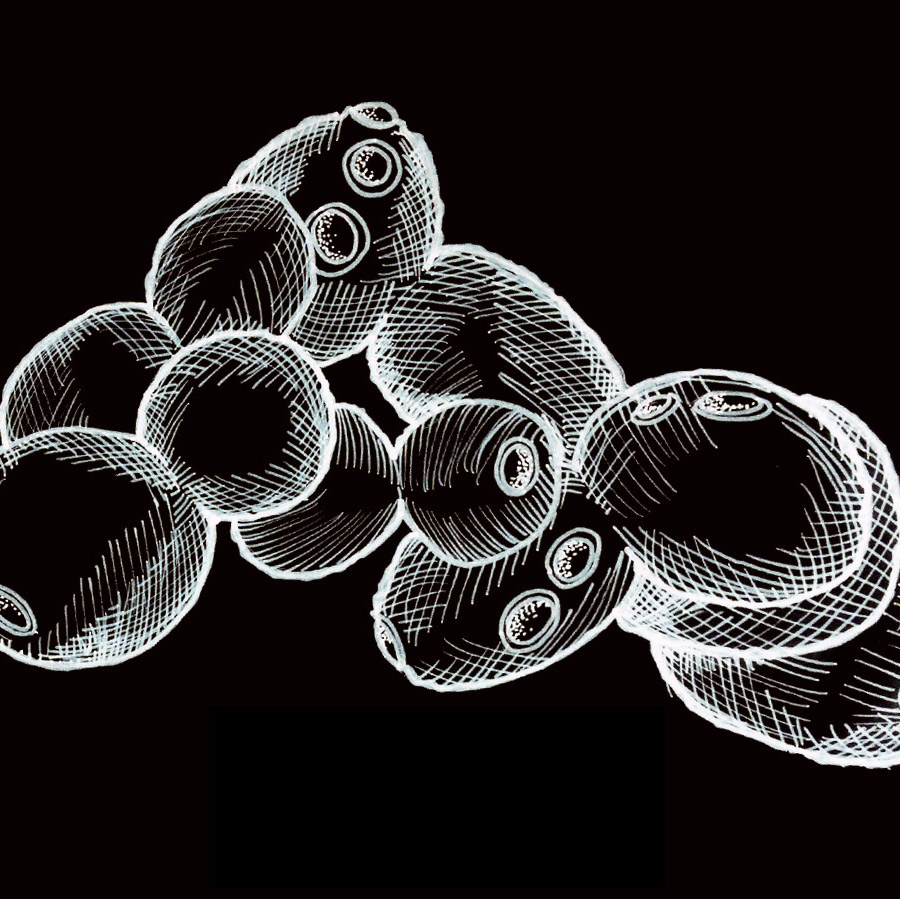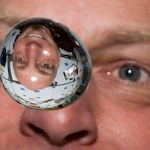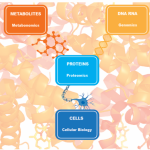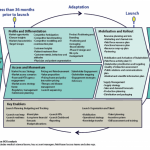
Nano-bionic life
Astronauts survive in space by utilizing protective and augmentative suits. Space suits can act as self-contained and self-cleaning environments, that protect and help the astronaut from the harshness of space. Scaling analogous suits down to the nanoscale allows for simple organisms to survive and even thrive in normally toxic environments. These augmented organisms are termed “bionic lifeforms” as they combine the promise of nanomaterials with life.
6 June 2018

The logic of synthetic biology: turning cells into computers
For years scientists have been studying E. coli as historians would an ancient tome. Biologists, biochemists, and geneticists have dissected, poked, and prodded E. coli until it gave up its secrets: the basic principles of cellular life. Synthetic biologists, on the other hand, look at E. coli and think to themselves: “let’s make a computer”.
9 April 2017

Global Risk: the Wildfire in the Commons
What distinguishes many of today's problems from those faced by former generations? The interconnected nature of global issues like emerging bio-technologies and climate change raises the possibility of 'wildfire risks', where the actions of one can have a great impact on many.
24 June 2015

Imagine a future dominated by brain emulation robots
History took us from the age of foraging to the age of farming, will brain emulation technology now take us from the industrial era to the age of the "em" economy?
22 June 2015
Medical Tourism in the Tropics
Countries such as Barbados are facing legal and ethical obstacles to develop effective regulatory mechanisms for the emerging medical tourism sector.
20 April 2015

Space Biomedicine
With many distinctive technical challenges to be overcome, the spaceflight paradigm allows numerous psychological and behavioural aspects, as well as biological and physical systems to be examined under unique and unusual circumstances.
1 October 2013

Biotech and Big Pharma
From improving the process of food production to keeping up with the demands of a rising population, to developing novel and sophisticated biological treatments for life-threatening diseases, biotech can and does impact multiple aspects of our life.
1 October 2013

Metabonomics: The Future for Clinical Treatment?
Metabonomics, namely the observation of small molecules within a biological sample, has emerged as a new potential treatment due to the complexity of mainstream genetic and biomedical research.
1 October 2013

Synthetic Biology: From DNA to Dolly and Beyond
Extensive future applications surrounding this diverse subject have earned it a strong reputation amongst scientists, and led to it being deemed a ‘top research priority’ by the UK government. Whilst previous centuries evolved around the harnessing of fossil fuels, and the resulting agricultural and industrial revolutions, the 21st Century has been witness to a biological revolution.
1 October 2013

Research
The Ageing Heart
Research based at Imperial College in the area of Popeye domain containing aims to provide a novel insight into the ageing process and potentially provide new therapeutic opportunities to help the ageing heart.
1 May 2013

Ageing Societies
Better co-ordinating care, improving the flow of patient information and ensuring that adequate funding mechanisms are in place are crucial if societies are to deal with the challenges posed by ageing societies.
1 May 2013

Learning From Nature
It is possible to conceive of a complete bio-inspired security system concept which is likely to be radically different from more conventional approaches.
1 January 2013

How to Plan a Successful Biopharma Product Rollout
Effectively launching a new biopharma product, however, has never been more challenging. In addition to a litany of regulatory issues, companies face high stakeholder expectations, numerous market-access hurdles, and stiff competition, all of which are made more formidable by the business realities of the industry.
1 October 2012

Multi Drug-Resistant Tuberculosis
This article examines why drug resistant TB has come into existence, how it can be categorized, what treatment options are available and how the global health community plans to combat this growing threat.
1 October 2012






